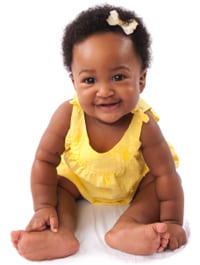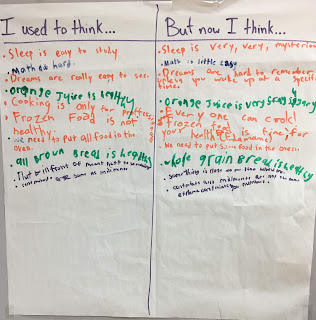Search This Blog
Magazine is to share educational news, new curriculum and more. we are one community to build a better tomorrow and it all starts here. JOIN our Online Community to do more and be a part of the change in education ! Explore, Share and Learn ! We are all Life Long Learners.
Featured
- Get link
- X
- Other Apps
Infants (0-1 year of age) Developmental Milestones
Infants (0-1 year of age)
Developmental Milestones

Developmental Milestones
Skills such as taking a first step, smiling for the first time, and waving “bye-bye” are called developmental milestones. Developmental milestones are things most children can do by a certain age. Children reach milestones in how they play, learn, speak, behave, and move (like crawling, walking, or jumping).
In the first year, babies learn to focus their vision, reach out, explore, and learn about the things that are around them. Cognitive, or brain development means the learning process of memory, language, thinking, and reasoning. Learning language is more than making sounds (“babble”), or saying “ma-ma” and “da-da”. Listening, understanding, and knowing the names of people and things are all a part of language development. During this stage, babies also are developing bonds of love and trust with their parents and others as part of social and emotional development. The way parents cuddle, hold, and play with their baby will set the basis for how they will interact with them and others.
Positive Parenting Tips
Following are some things you, as a parent, can do to help your baby during this time:
- Talk to your baby. She will find your voice calming.
- Answer when your baby makes sounds by repeating the sounds and adding words. This will help him learn to use language.
- Read to your baby. This will help her develop and understand language and sounds.
- Sing to your baby and play music. This will help your baby develop a love for music and will help his brain development.
- Praise your baby and give her lots of loving attention.
- Spend time cuddling and holding your baby. This will help him feel cared for and secure.
- Play with your baby when she’s alert and relaxed. Watch your baby closely for signs of being tired or fussy so that she can take a break from playing.
- Distract your baby with toys and move him to safe areas when he starts moving and touching things that he shouldn’t touch.
- Take care of yourself physically, mentally, and emotionally. Parenting can be hard work! It is easier to enjoy your new baby and be a positive, loving parent when you are feeling good yourself.
CDC
- Get link
- X
- Other Apps
Popular Posts
7 Parenting Hacks for Traveling with Little Ones Under Two
- Get link
- X
- Other Apps
Construct the knowledge and make the thinking visible
- Get link
- X
- Other Apps

Comments
Post a Comment